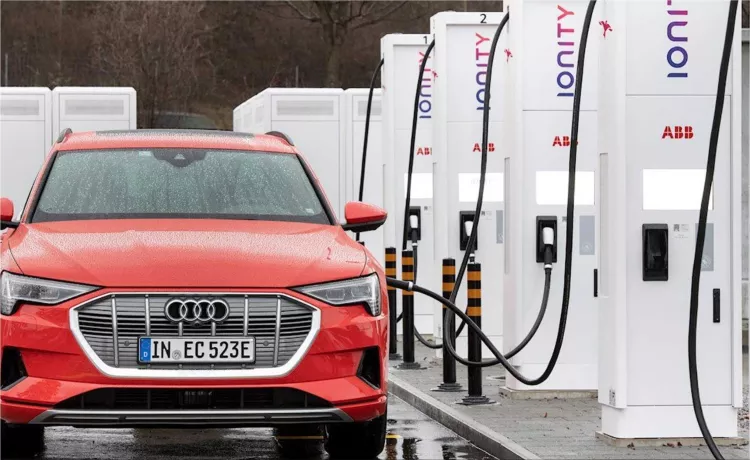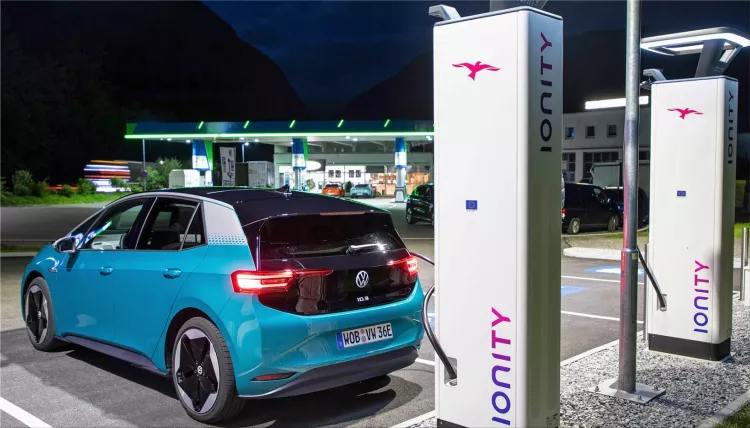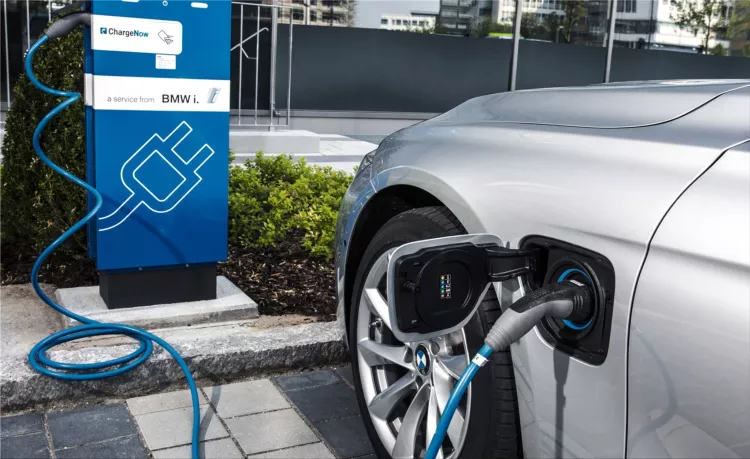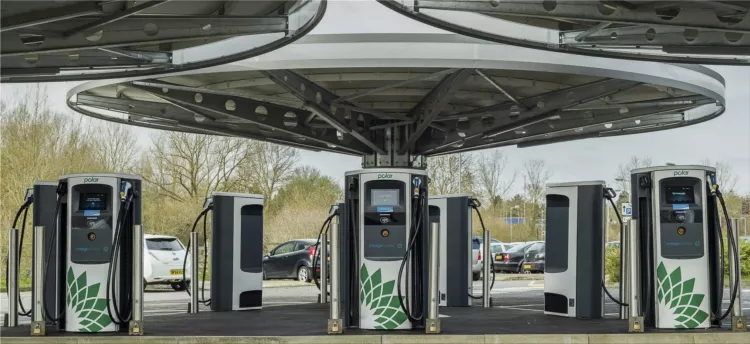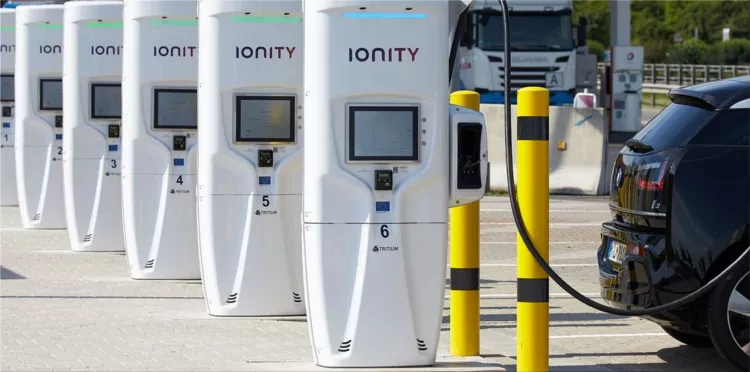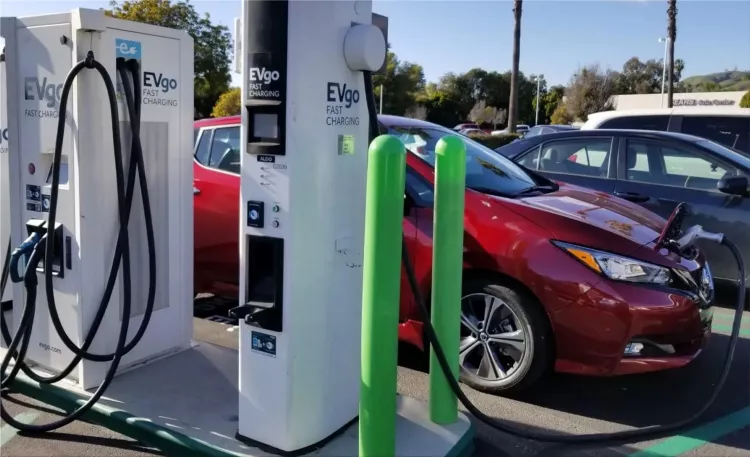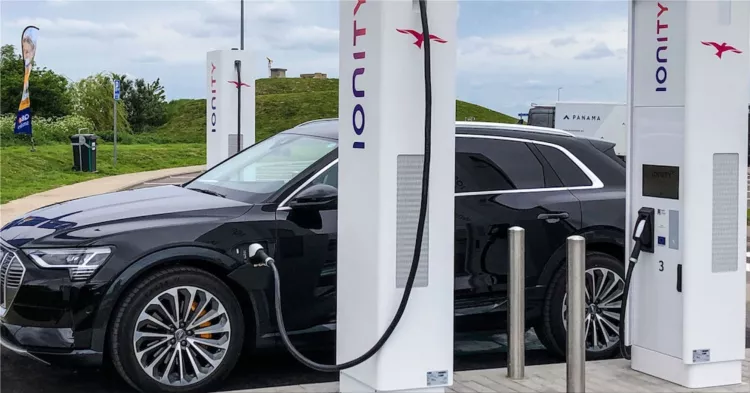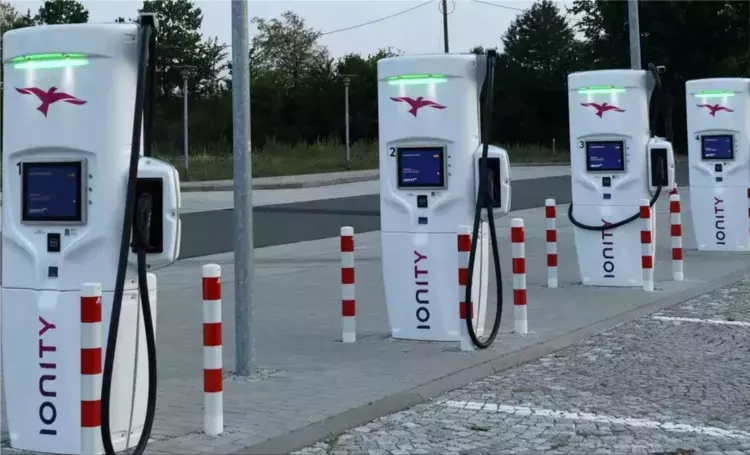In recent months, the framework conditions for a quick ramp-up of electromobility have deteriorated dramatically due to a shift in interest rates, inflation, and growing costs for batteries, automobiles, and electricity. According to the Automotive Consumer Study conducted by the management consulting firm Deloitte, consumers are also more pessimistic about the matter. Despite the growing variety of vehicles, the proportion of Germans who would choose a fully electric vehicle as their future car has remained relatively stable.
Sixteen percent of respondents said they would buy an electric car. By the end of 2021, it had risen to 15%, a significant increase over the previous year's figure of 6%. Even though the electric car purchase premium "environmental incentive" for plug-in hybrid vehicles has now expired, the proportion of respondents who would choose this form of drive is substantially higher: 27 percent for plug-in and hybrid vehicles combined.
Comparing the global focus markets (China, India, South Korea, the United States, Japan, Germany, and Southeast Asia), China had the highest acceptance for pure electric vehicles, with 27 percent saying they would buy one next.
Lower gasoline costs were cited as the most important reason for purchasing an electric car by German consumers, followed by concerns about climate change and government subsidy programs. "The combination between current advancements and consumer desires may imply that the ramp-up of electromobility does not go as swiftly as society would want," says Deloitte's Harald Proff.
"In this country, lower electricity costs and the environmental benefit are important justifications for purchasing an e-car. Electricity prices are increasing, while the subsidy is progressively being phased out and will vanish in 2025. As a result, fewer electric vehicles will be marketed in the future. If the government and businesses do not take specific remedies, we will fall short of the 15 million targets for 2030."
German buyers are unconvinced by electric vehicles. If ecologically friendly synthetic fuels ("e-fuels") were available, 49 percent of people interested in purchasing an electrified car would reconsider their decision and opt for a combustion engine fuelled by such fuels. This question elicited 36 percent of "maybe" responses.
The fact that many Germans appear skeptical of electric vehicles could be attributed to infrastructure concerns. In Germany, 75% of those polled prefer to charge their cars at home. This desire has increased (70% over the previous year), even though charging stations are not available in heavily populated cities. Furthermore, range expectations are high: nearly half of those polled anticipate a range of 400 to 599 kilometers for a good buying choice. With a full battery, you should be able to drive 600 kilometers or more.
Only 53% of Japanese people expect a range of 400 kilometers or greater. German expectations are only surpassed by those in the United States, where 19 percent of those polled anticipate a range of at least 965 kilometers (600 miles).
People polled in Germany are most concerned about the range of fully electric vehicles. It was noted the most frequently (57%), followed by a lack of public charging infrastructure (47%), charging time, and a lack of charging choices at home (45 percent each).
German consumers are incredibly patient when charging at public charging stations. While just 13% of individuals polled in Germany expect to be able to charge their vehicle from 0 to 80% in 20 minutes, expectations in all other focal areas are much higher. In this country, 57 percent would accept a loading time of 41 minutes or more, which is also highly valued in international comparison.
"Our consumer poll shows that there is a tremendous lot of ambiguity when it comes to electromobility," says Deloitte consultant Proff. Companies and policymakers must now communicate greater security, for example, by accelerating the installation of charging infrastructure. It is critical for automakers not to lose sight of their customers' needs. Because some of the costs associated with decarbonizing the entire value chain can be offset with the correct offer and a solid customer approach."
The government has made it clear, and the automobile industry is responding: the electric car is the way of the future. Is that, however, also your present? We can assist you in answering this question. Brands continue to promote large-… Continue reading
The German automobile brand Volkswagen has started installing electric vehicle charging points in its German factories, a process through which it will launch 4,000 posts at its plants until 2025, the company said in a statement. The first 60… Continue reading
Tesla is still losing money from selling electric cars. Elon Musk owes a solid profit for 2020 to another source of income. 2020 was an excellent year for Elon Musk and Tesla. Thanks to a sevenfold increase in market value, the electric car… Continue reading
Production of the Ford Mustang Mach-E electric car has reached a significant milestone, with up to 150,000 cars built. The famous electric vehicle will be available in 37 nations starting next year. Ford's first 100% electric car, the… Continue reading

